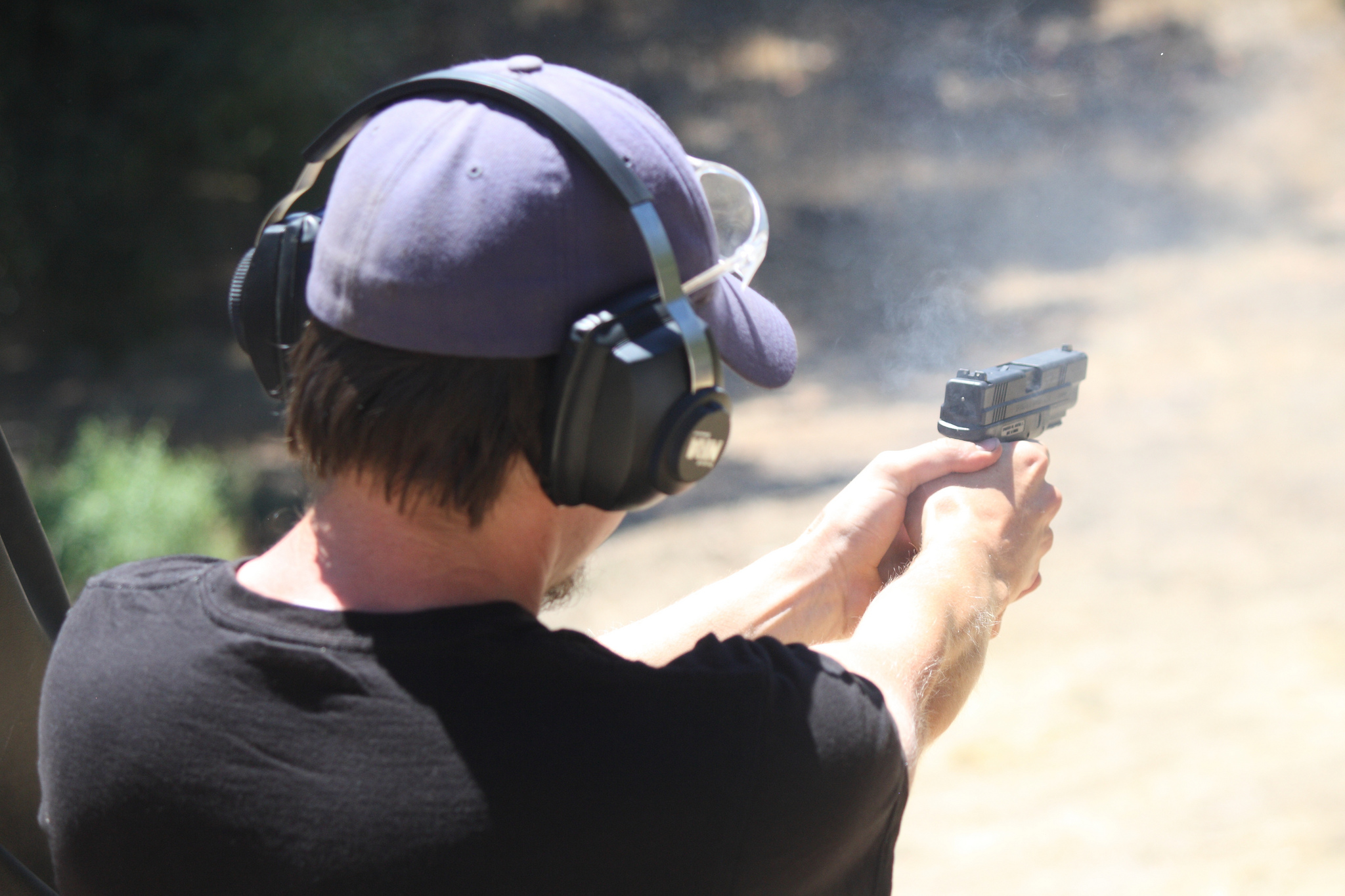Just over two months ago, a city worker in Virginia Beach methodically slaughtered 15 of his coworkers and a member of the public in a city building.
Authorities are still no closer to determining the motive of the man who will not be named here, even as an independent investigation begins.
Over the weekend, a mentally disturbed young man citing white supremacist ideas, disgust with corporations and environmental degradation went on rampage at a Walmart in El Paso, Tex., killing 20 people.
And in Dayton, Ohio, another man with deep mental issues and espousing support for socialism, Democratic politicians, and other left wing ideas went on his own rampage, killing nine.
Investigations into all these shootings continue, but that hasn’t prevented politicians on the left from demanding that “something be done,” even though it’s not clear what would or could have prevented these massacres.
For their part, Virginia Democrats have continued with their demands for more gun control — a ban on “assault weapons,’ common magazines, and the confiscation of same.
They’ve also called for “red flag laws” which would allow police to confiscate the guns of those found by a court to be an extreme risk for violence.
What some Democrats fail to realize is that Virginia already has laws on the books designed to stop mass shootings — and has for years.
The Dayton shooter is reported to have been suspended from school for a “hit list,” and kept a list of girls he wanted to rape. When administrators found out, he was made to write a letter of apology.
While it isn’t yet clear if the El Paso shooter’s history would have qualified for intervention under a “red flag” law, Virginia already has a strong legal structure in place that goes beyond “red flag” laws.
If someone appears to be a significant danger to themselves or others, police do more than take guns away from the person — they take the person away from the guns, and into treatment.
Such Emergency Custody Orders and Temporary Detention orders bring a person in for a mental evaluation. If they voluntarily commit themselves to a psychiatric facility, they’re barred from firearms possession.
If they’re involuntarily committed, they’re barred from possession. If they are not committed, then they can simply go home — the optimal outcome when a mental health professional certifies that a person is not mentally ill, a danger to himself or others.
Rep. Denver Riggleman, R-5th, told WRVA on Monday that white supremacy must be addressed — but the tools to do so are already on the books.
The Dayton shooter had a hit list, and “that fell under the terroristic threats paradigm,” Riggleman said. “People are already screaming for this on the Federal and local side, and it’s already on the books.”
The radicalization of a white supremacist is functionally the same as the radicalization of an Islamist extremist, and they must be confronted with the same tools.
“We need to go after these radical groups. This is not new, the radicalization of groups,” he said. “We have to root these groups out, call them what they are, don’t be afraid of them.”
Part of stopping radicalization is teaching local law enforcement how to spot it, he added. The local [law enforcement] isn’t going to know that someone is using an encrypted site to be radicalized on.”
The U.S. Secret Service said the single biggest thing that could be done to prevent mass attacks is the simplest — if you see something, say something.
Mental illness alone is not a good predictor of mass violence, but coupled with other stressors such as financial problems, relationship issues, or job problems.
It’s far more likely that shooters will do something that alarms their co-workers or family well before they make the fatal decision, according to a report by the agency.
Some 93 percent of attackers in the two years studied “communicated in threatening or concerning ways,” and 78 percent “exhibited behaviors that caused concern in others.”
Acting Secretary of Homeland Security Kevin McAleenan, who delivered closing remarks at a presentation of the report’s findings, emphasized its conclusion: “People should be encouraged to trust their instincts,” he said.





